Showing 49–60 of 139 results
-
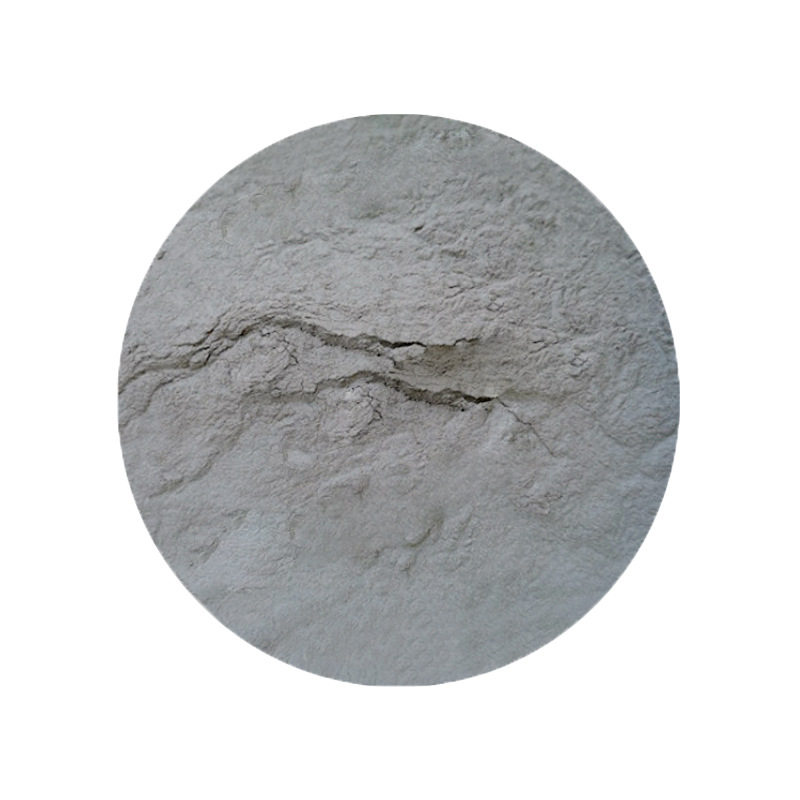
- Magnetocaloric Properties: Gadolinium exhibits a large magnetocaloric effect, making it highly valuable in solid-state refrigeration systems.
- Neutron Absorption: Gadolinium is one of the best materials for absorbing neutrons, making it indispensable for nuclear reactors and radiation shielding.
- Magnetic Properties: Gadolinium is strongly magnetic at low temperatures (below 20°C), with a Curie temperature of around 293 K (20°C), where it loses its ferromagnetic properties.
- Thermal Stability: Gadolinium powder has excellent thermal stability and can withstand high temperatures, making it suitable for use in nuclear and high-temperature applications.
- Chemical Reactivity: Gadolinium is relatively stable in dry air but reacts with moisture, forming gadolinium oxide (Gd2O3) on the surface.
-
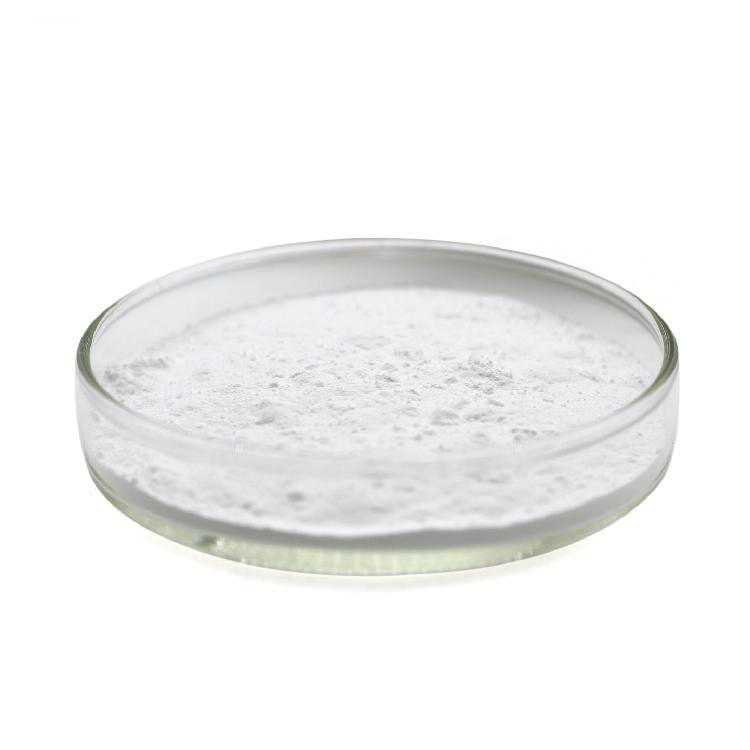
- High Purity: Ensures optimal performance in sensitive applications.
- Magnetic Properties: Ideal for magnetic refrigeration and data storage applications.
- High Refractive Index: Suitable for advanced optical components.
- Thermal Stability: Performs reliably in high-temperature environments.
- Customizable Particle Size: Adaptable for various industrial and research needs.
-
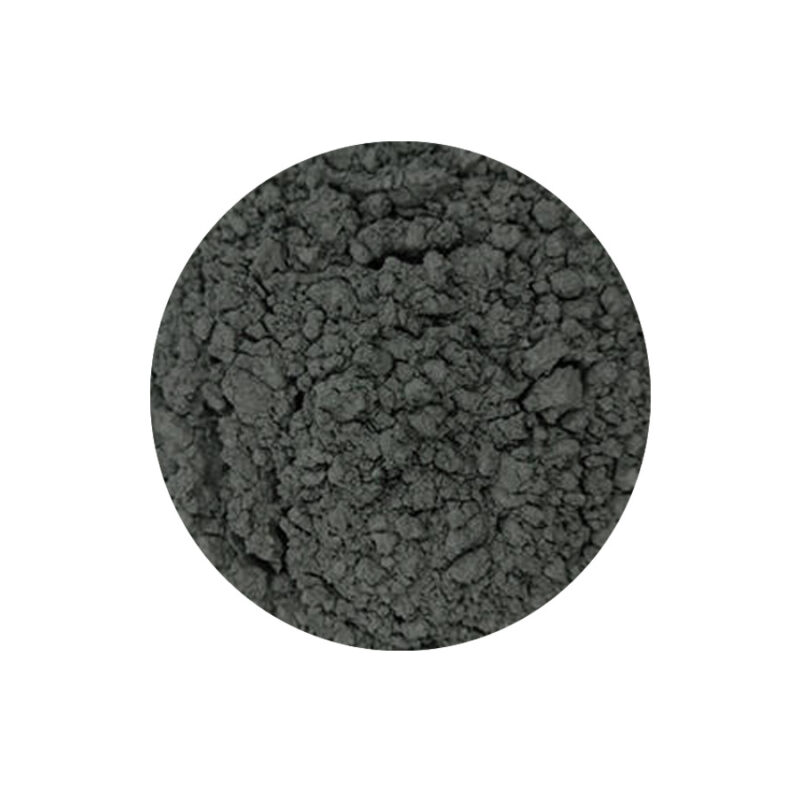
- High Refractive Index: Germanium’s high refractive index (around 4.0) makes it ideal for use in infrared optics.
- Infrared Transparency: Germanium is transparent to infrared light in wavelengths ranging from 2 µm to 14 µm, making it ideal for thermal imaging and IR optics.
- Semiconductor Properties: Germanium has a narrow band gap (0.67 eV) and high electron mobility, making it suitable for high-speed electronic devices and optical communication.
- Corrosion Resistance: Germanium is resistant to oxidation and corrosion, which makes it durable in harsh environments.
-
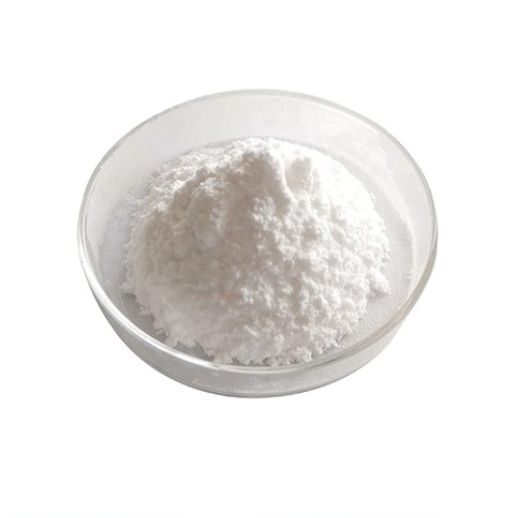
- High Purity: Ultra-pure GeO₂ ensures optimal performance.
- Infrared Transparency: Exceptional optical transmission in the IR range.
- High Refractive Index: Ideal for optical and photonic applications.
- Chemical Stability: Resistant to decomposition under typical conditions.
- Low Dispersion: Suitable for high-precision optics.
- Customizable Particle Size: Designed to meet application-specific requirements.
-
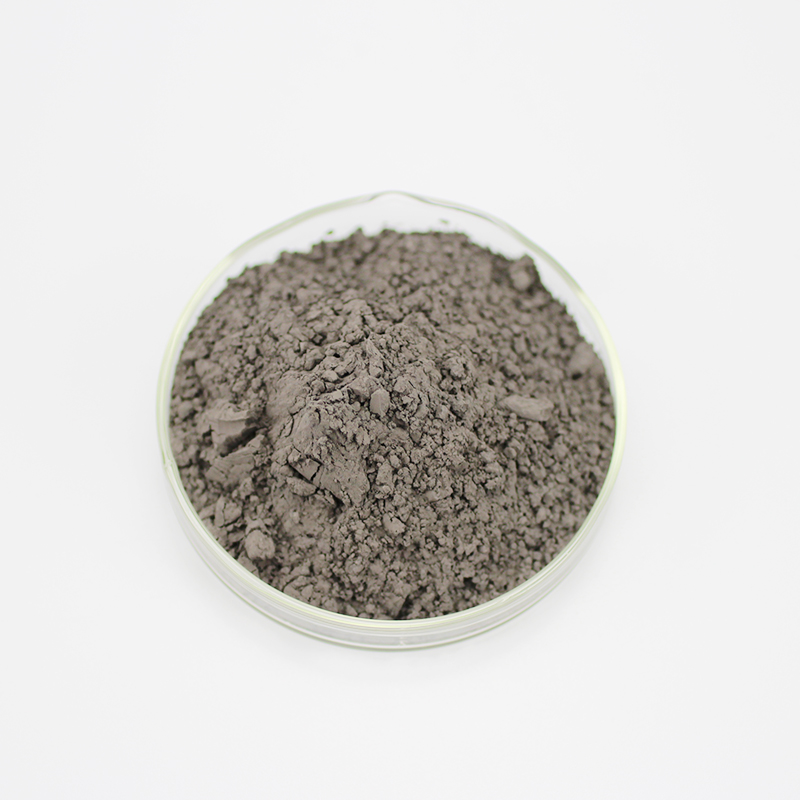
- High-Temperature Strength: Maintains excellent mechanical properties at elevated temperatures.
- Oxidation Resistance: Outstanding performance in oxidative environments.
- Thermal Stability: Stable microstructure under cyclic thermal conditions.
- Corrosion Resistance: Effective against chemical and environmental corrosion.
- Process Compatibility: Suitable for 3D printing, thermal spraying, and conventional metallurgy.
-
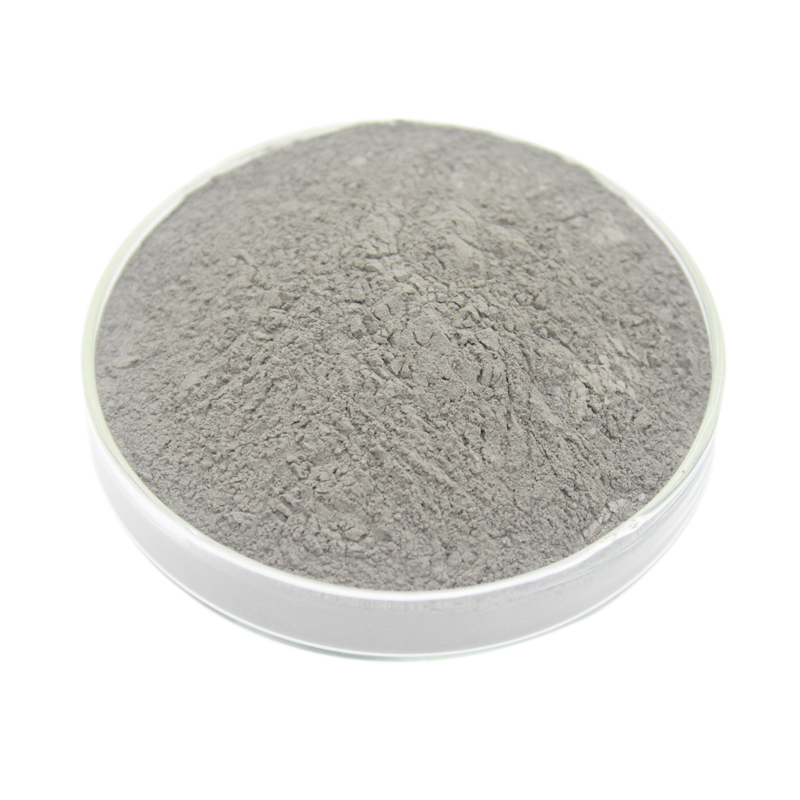
- High-Temperature Stability: Excellent performance at temperatures up to 900°C, making it suitable for aerospace and industrial applications.
- Corrosion Resistance: Outstanding resistance to oxidation and carburization in high-temperature environments.
- Superior Mechanical Strength: Maintains mechanical integrity under extreme conditions.
- Good Fabricability: Compatible with various manufacturing techniques, including additive manufacturing and welding.
- Versatility: Adaptable to multiple environments, including those with aggressive chemical exposure.
-
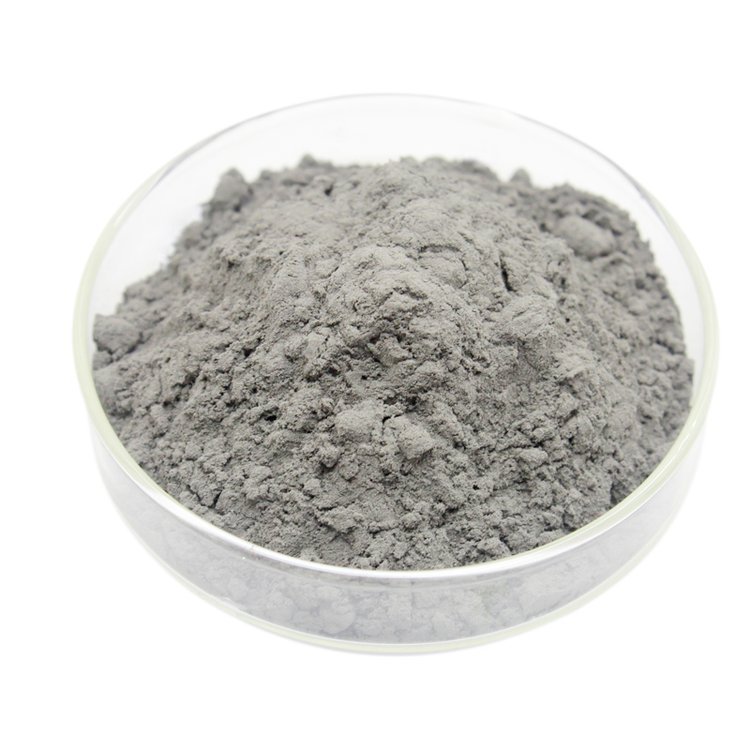
- Corrosion Resistance: Outstanding resistance to oxidation, pitting, and crevice corrosion in harsh environments.
- High-Temperature Performance: Maintains mechanical properties and structural integrity at temperatures up to 980°C.
- Exceptional Strength: Offers superior tensile, fatigue, and creep-rupture properties.
- Weldability and Fabricability: Excellent compatibility with welding and additive manufacturing processes.
- Versatile Material: Suitable for applications requiring resistance to seawater, chemicals, and high heat.
-
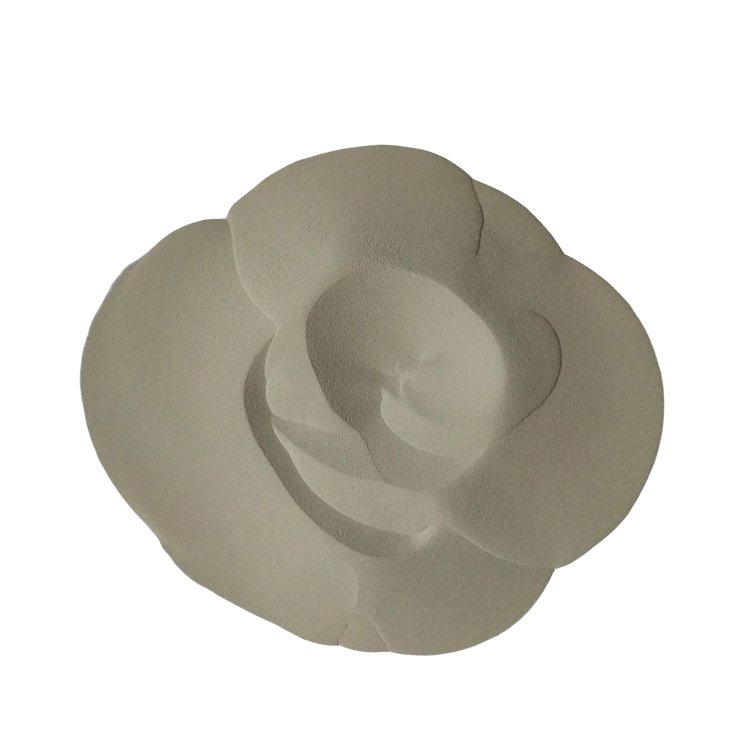
- High-Temperature Strength: Excellent strength and stability at high temperatures.
- Corrosion Resistance: Exceptional resistance to oxidation, ensuring long-term performance in harsh environments.
- Customizable Powder Sizes: Available in a range of particle sizes for various manufacturing processes.
- Enhanced Durability: Superior wear and fatigue resistance, ideal for aerospace and high-stress applications.
- Versatile: Suitable for a variety of applications including additive manufacturing, powder metallurgy, and casting.
-
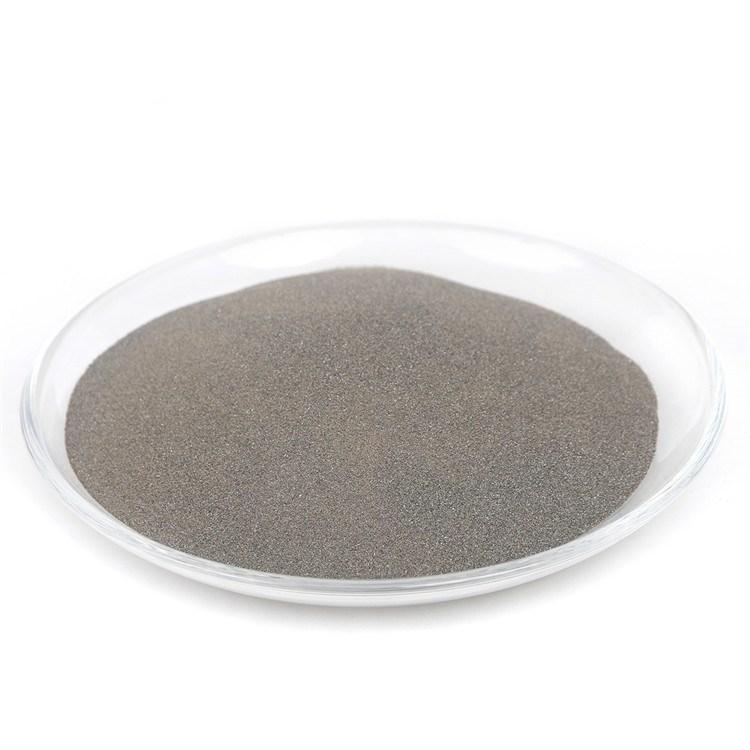
- High-Temperature Performance: Exceptional resistance to high temperatures, maintaining strength and stability.
- Corrosion and Oxidation Resistance: Designed for longevity in extreme environments, resistant to high-temperature oxidation and corrosion.
- Good Weldability: Excellent ability to be welded, ensuring high-quality and durable joints in complex components.
- Superior Durability: High fatigue resistance, making it ideal for components exposed to repeated stress and thermal cycling.
- Versatile Applications: Suitable for additive manufacturing, powder metallurgy, and casting processes for precision parts.
-
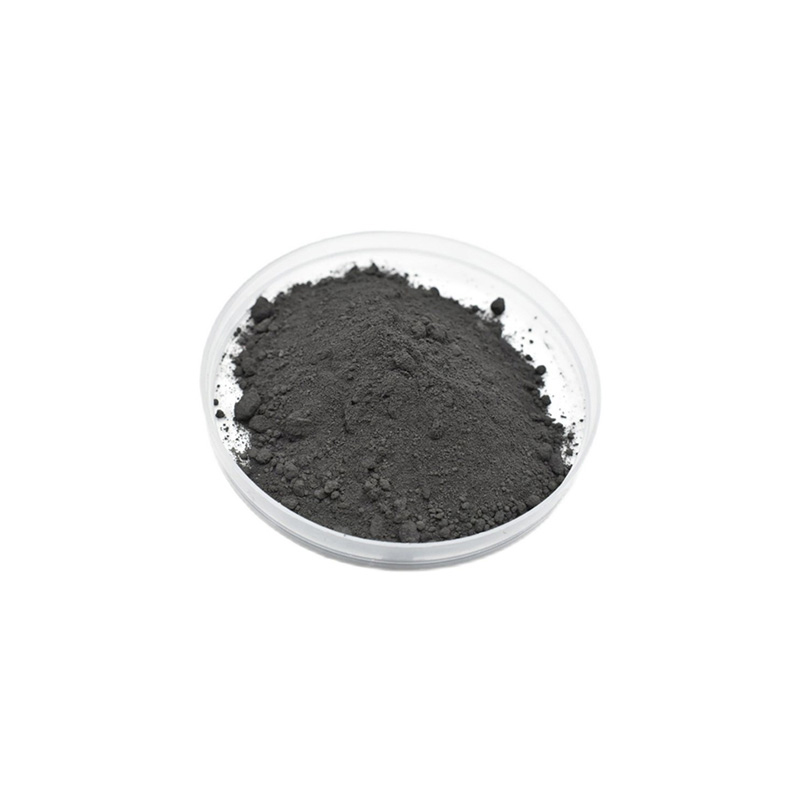
- High-Temperature Strength: Outstanding strength retention at elevated temperatures, ensuring long-term performance in extreme conditions.
- Excellent Corrosion and Oxidation Resistance: Designed to perform under high temperatures, with superior resistance to oxidation and corrosion in aggressive environments.
- Good Fabrication Characteristics: Offers excellent weldability, making it suitable for complex, high-precision components.
- Fatigue Resistance: Exceptional fatigue resistance, ideal for components exposed to cyclical thermal and mechanical stress.
- Versatile Manufacturing Options: Suitable for use in powder metallurgy, casting, and additive manufacturing processes.
-
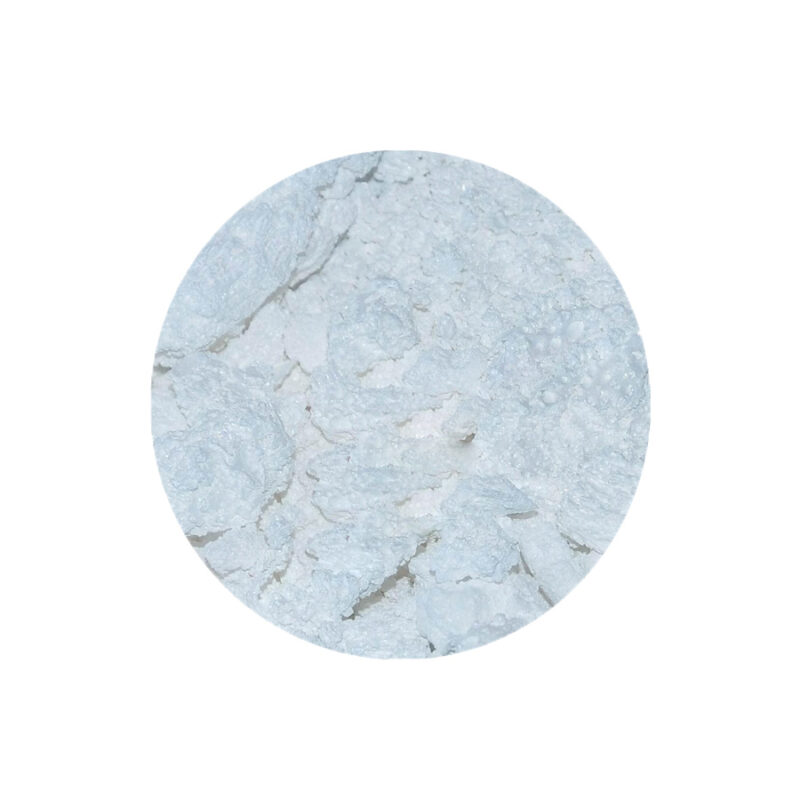
- High Thermal Stability: Hafnium Dioxide retains its strength and stability even at elevated temperatures.
- Electrical Insulation: HfO2 is an excellent insulator, making it valuable in high-voltage applications.
- High Refractive Index: With a refractive index of over 2, HfO2 is useful in optical coatings.
- Corrosion Resistance: It offers strong resistance to corrosion, especially in high-temperature and aggressive environments.
- Mechanical Strength: HfO2 powder possesses high hardness, making it suitable for wear-resistant applications.
-
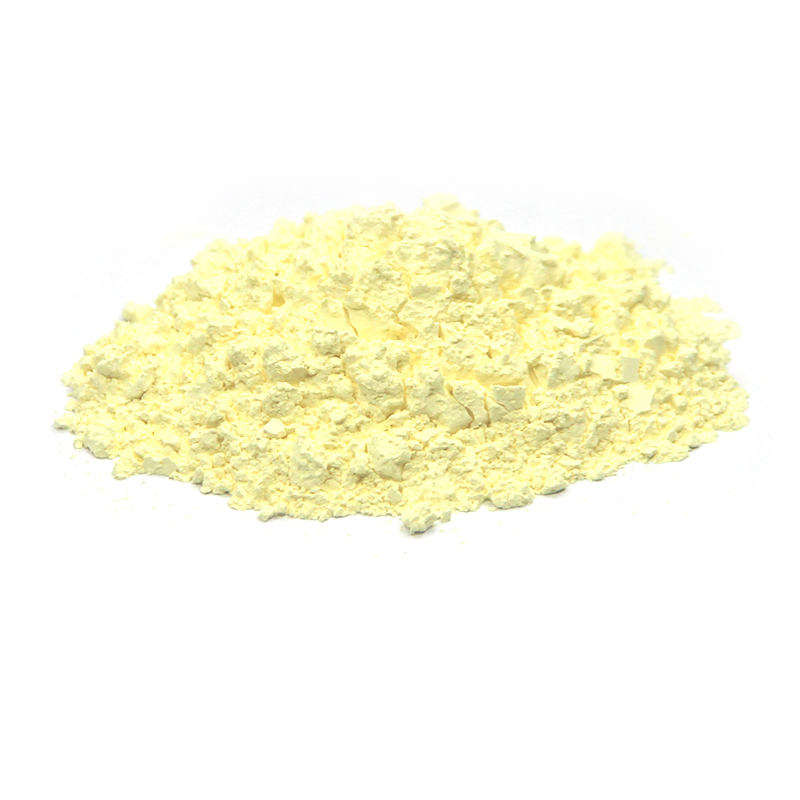
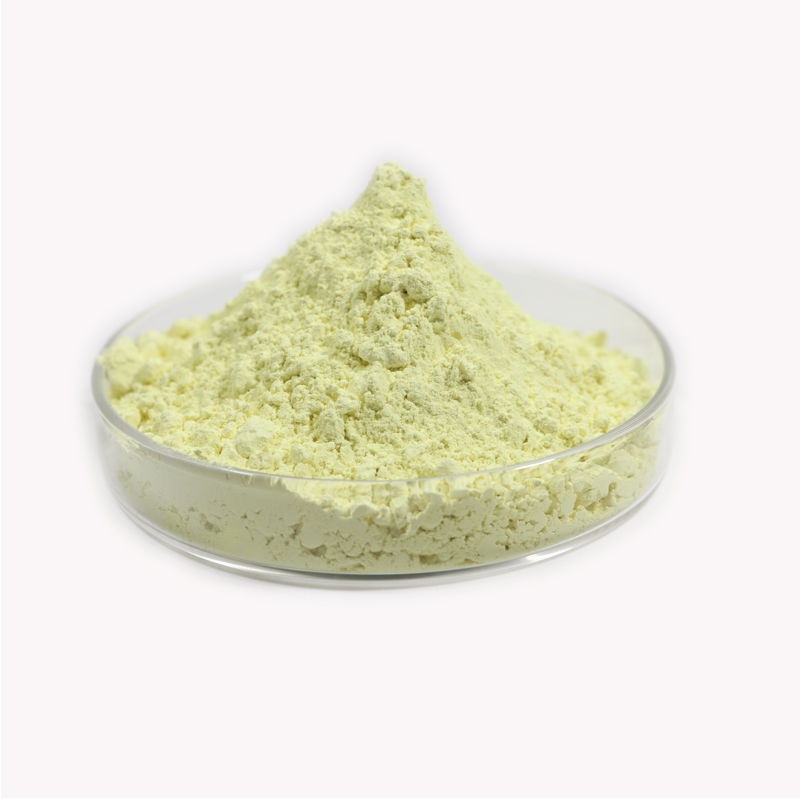
- High Purity: ≥99.9% purity ensures consistent performance in sensitive applications.
- Exceptional Optical Properties: Ideal for use in lasers, optical coatings, and devices requiring precise light manipulation.
- Stability at High Temperatures: Maintains performance even at elevated temperatures.
- Chemical Inertness: Excellent resistance to corrosion and oxidation, making it durable in harsh environments.
- Versatile Particle Sizes: Available in both nano and micron sizes, suitable for various manufacturing processes.













